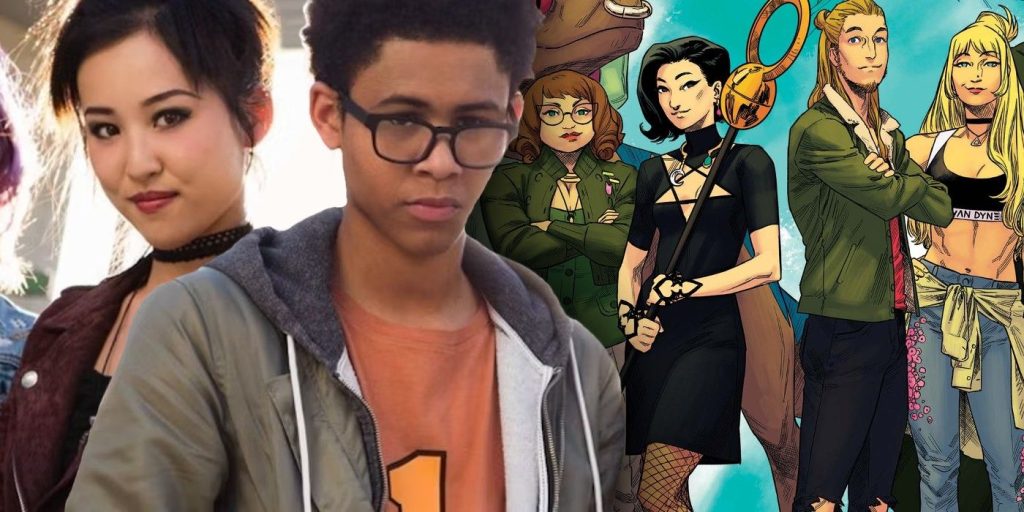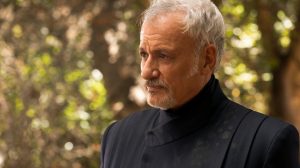
Marvel’s beloved “Runaways” franchise is facing a critical challenge, as noted by editor Tom Brevoort, who has candidly identified what he considers a significant flaw in the series. In a recent discussion on his Substack newsletter, Brevoort articulated that the core premise of “Runaways” has an inherent issue: it effectively reached its conclusion, and the original creators brought the storyline to a solid finish.
Launched in the early 2000s, “Runaways” quickly garnered a loyal fanbase during its initial run. The story centers on a group of teens who discover that their parents are part of a nefarious group of supervillains known as the Pride. This revelation sparks their decision to go on the run, effectively redefining their lives. However, Brevoort suggests that once this narrative arc was completed, the series struggled to maintain momentum, leading to a contrived need for the characters to continually evade capture, despite the logical threads of the story being exhausted.
The original creators, Brian K. Vaughan and Adrian Alphona, infused “Runaways” with a freshness that distinguished it from other superhero titles. Their departure in 2007 marked a turning point; subsequent writers found it challenging to replicate the unique pulse that initially captivated readers. While their successors, including notable figures like Joss Whedon and Rainbow Rowell, brought valuable contributions, Brevoort contends that these runs deviated from the central theme of the protagonists being on the run.
Though the franchise briefly revitalized itself with a television adaptation that echoed some elements of the comics, the main series no longer holds a monthly publication slot. Brevoort’s concerns reflect broader sentiments among fans and critics alike regarding the longevity of its premise. “Runaways” once pushed boundaries, introducing a diverse cast and exploring thoughtful themes surrounding adolescence, family, and identity. However, as the narrative ventured further from its beginnings, it became harder to justify the characters’ continued escapades.
Today, characters like Nico Minoru and Victor Mancha—products of Vaughan and Alphona’s rich imagination—have found new lives within the Marvel Universe, albeit in less prominent roles. Brevoort’s observations highlight an ongoing discussion about potential revival paths for “Runaways” and the necessity of fresh approaches to reinvigorate interest in the narrative.
While the original concept has perhaps run its course, the characters are too compelling to be forgotten entirely. With the right creative team, “Runaways” could still resonate with audiences and reclaim its place among Marvel’s most cherished offerings. It remains to be seen whether Marvel will rethink its approach to this cherished franchise, enabling a resurgence that honors the heart of what made it beloved in the first place.





